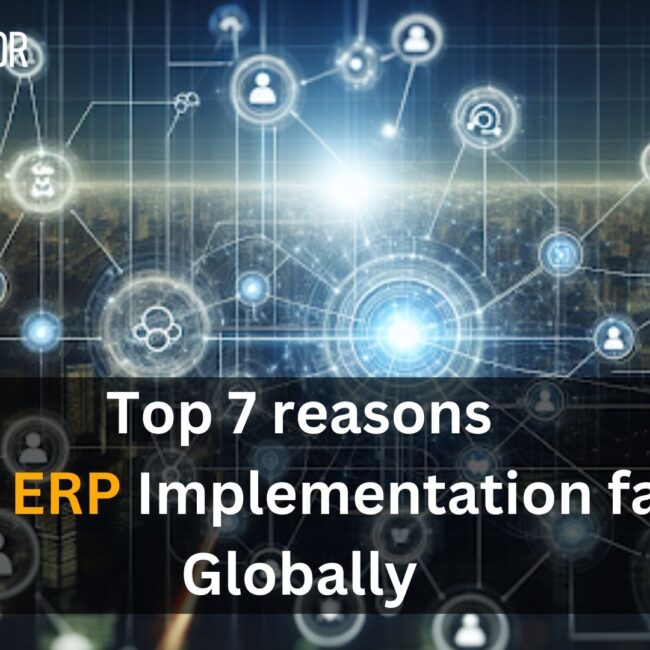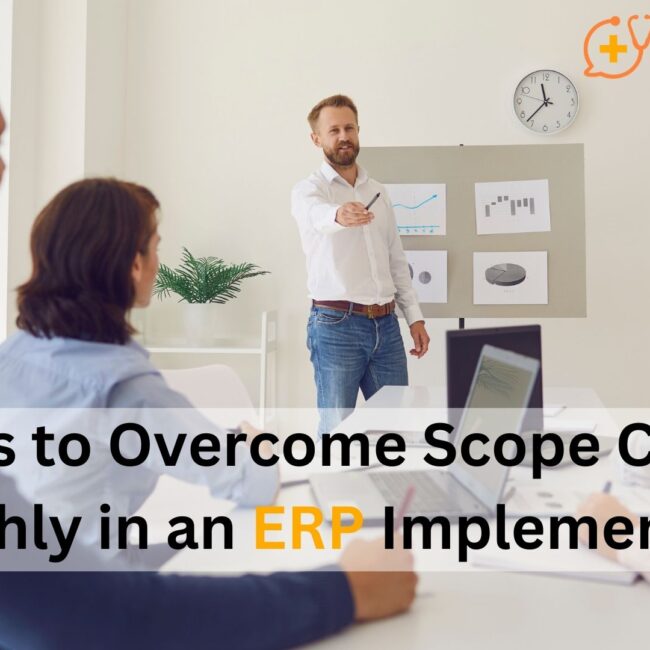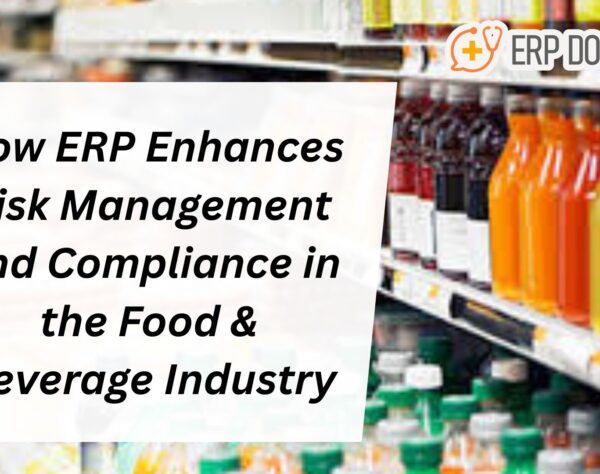
Top ERP Software Trends in the Food Processing Industry for 2024

Benefits Of the Food Processing Industry with ERP Software
The food processing sector is rapidly evolving, driven by changing consumer preferences, technological advancements, and stringent regulatory requirements. To stay competitive, food processing companies are increasingly turning to Enterprise Resource Planning (ERP) software to streamline their operations, enhance efficiency, and maintain compliance. As we move into 2024, several key trends are emerging in the ERP landscape for the food processing sector. Here’s a look at the top ERP software trends that are shaping the industry this year.
Cloud-Based ERP Solutions in Food Processing Industry
Cloud-based ERP solutions are becoming the norm in the food processing industry. The flexibility, scalability, and cost-effectiveness of cloud ERP systems make them an attractive choice for companies of all sizes. These solutions allow for real-time data access and collaboration across multiple locations, which is crucial for global food processing operations. Moreover, cloud-based systems are easier to update and maintain, ensuring that companies can quickly adapt to new regulations and market changes.
Enhanced Traceability and Compliance with ERP in Food Processing Industry
With increasing regulatory scrutiny and consumer demand for transparency, traceability has become a critical feature of ERP systems in the food processing sector. Modern ERP solutions are equipped with advanced traceability features that allow companies to track raw materials from their source to the finished product. This not only helps in ensuring compliance with food safety regulations but also builds consumer trust by providing transparency about the origin and journey of food products.
IoT Integration with ERP
The Internet of Things (IoT) is making significant inroads into the food processing sector. IoT devices can collect data from various stages of the production process, providing valuable insights into equipment performance, production efficiency, and product quality. ERP systems integrated with IoT can analyze this data to optimize operations, reduce waste, and improve product consistency. For instance, IoT sensors can monitor temperature and humidity levels in storage facilities, ensuring that food products are stored under optimal conditions.
Mobile ERP Solutions
The rise of mobile technology is influencing the development of ERP systems, with a growing emphasis on mobile accessibility. Mobile ERP solutions allow employees to access critical information and perform tasks from anywhere, using their smartphones or tablets. This is particularly beneficial for field workers, sales teams, and executives who need to stay connected and make informed decisions on the go. Mobile ERP apps enhance productivity and ensure that everyone in the organization has real-time access to the data they need.
Personalization and Customization
As the food processing sector becomes more complex, the need for personalized and customizable ERP solutions is increasing. Companies are looking for ERP systems that can be tailored to their specific needs and processes. Modern ERP solutions offer a high degree of customization, allowing businesses to configure workflows, reports, and dashboards to match their unique requirements. This flexibility ensures that the ERP system aligns with the company’s operations.
Sustainability and Waste Reduction
Sustainability is a major focus for the food processing industry, and ERP systems are playing a crucial role in supporting these initiatives. Modern ERP solutions offer features that help companies track and reduce their environmental impact. This includes monitoring energy consumption, managing waste, and optimizing resource use. By providing detailed insights into production processes, ERP systems enable companies to implement more sustainable practices and achieve their sustainability goals.
In conclusion, By implementing ERP software with the latest trends, you can significantly enhance your inventory management and achieve real-time visibility. This modernization reduces manual work and boosts efficiency, greatly benefiting industry professionals.
To learn more about our services, please visit us at: https://erpdoctor.in/
Embark on an inspiring journey today – Visit our website and discover a world of knowledge, creativity, and endless possibilities! Don’t miss out on exclusive content and exciting updates. Click here to explore and be part of our thriving community!







